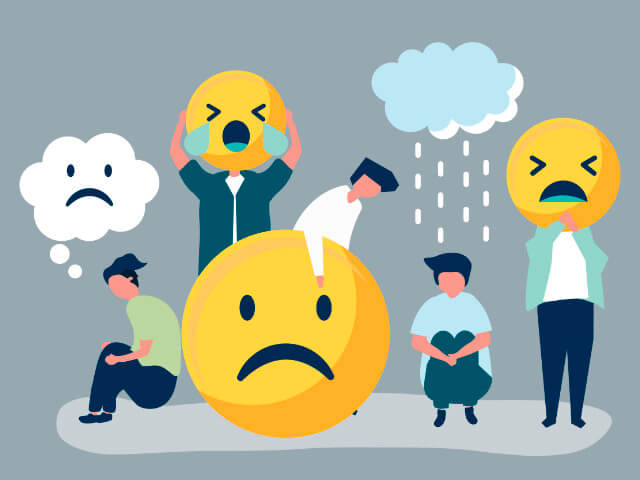How fast will climate change destroy our ecosystem, and can we stop it?
Climate change is already affecting ecosystems in our oceans and on land, all around the world. In many cases these effects are negative ones, such as the impact of ocean warming and acidification on coral reefs, or the effects of changing ocean temperatures on the loss of giant kelp forests off the east coast of Tasmania. Loss of key species like kelp, or groups of species like corals, can have flow-on effects to many other species that depend on them for habitat or food, and so can quite quickly cause ecosystems to change completely.
However, not all species or ecosystems are negatively affected by climate change. There are some winners as well as losers. One of the most noticeable ecological effects of climate change that we are seeing in the oceans and on land is large-scale movement of species as their habitats warm and they move (if they can) to follow the location of their preferred habitat. But of course not all species can move. Some might have limits to how far they can move (for example up a mountain), or they may not be able to move fast enough to keep up with warming temperatures.
There are lots of things that we can do to help species and ecosystems adapt to the effects of climate change. Because the Earth’s climate is changing so quickly we may need to help some species by speeding up their rate of evolution. We can reduce the number of other human impacts – like pollution or fishing – so that species and ecosystems are less vulnerable to the effects of climate change. We may be able to use technological interventions to help some species or ecosystems adapt, such as relocating them or providing them with artificial substrates.











